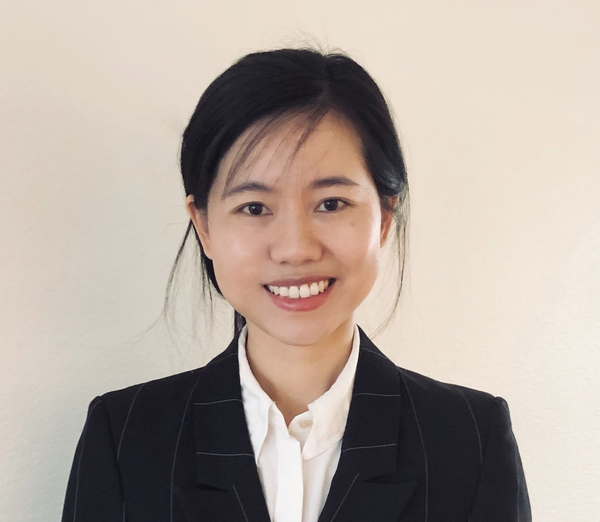
Special Seminar - Dr. Xingying Huang - UCAR
- Event Type
- Seminar/Symposium
- Sponsor
- Department of Atmospheric Sciences
- Location
- 217 Noyes Laboratory
- Date
- Mar 21, 2022 3:30 pm
- Views
- 145
Future changes and hydroclimate impacts for the precipitation extremes over the Western US
One of the most challenging problems in the atmospheric sciences is to improve our understanding and prediction for the high-impact extreme weather events from large-scale to local regions. A new and emerging research effort is to improve the subseasonal-to-seasonal (S2S) predictions. Yet, major roadblocks include larger uncertainties from both large-scale systematic model errors and underrepresented local conditions. Focusing on tackling these challenges for S2S prediction, my research aims to improve the prediction of local precipitation extremes arising from large-scale atmospheric rivers.
In this talk, I will report my work on predicting atmospheric rivers and storms over California, with an eye towards the future changes and potential hydroclimate impacts. I will demonstrate my methodology linking large-scale atmospheric patterns and meso-scale landfalling features - critical for precipitation extremes with ensemble downscaling. I will discuss important implications for water and flood management. I will also briefly mention my current work on advancing precipitation prediction using a new generation storm-resolving model. I will demonstrate how this cutting-edge non-hydrostatic dynamical core (MPAS - Model for Prediction Across Scales) coupled to an Earth system model works for convection-permitting simulations for precipitation features over the western US, and my plan to further extend that to the Midwestern US.
I will conclude by connecting the dots between weather and climate. I will propose new climate applications to improve subseasonal to seasonal predictions. With improved multi-scale coupled interactions, S2S research will not only bring weather and climate communities together, but also address the big questions such as how extreme storms change Arctic climate, and how land-atmosphere coupling affects severe weather.